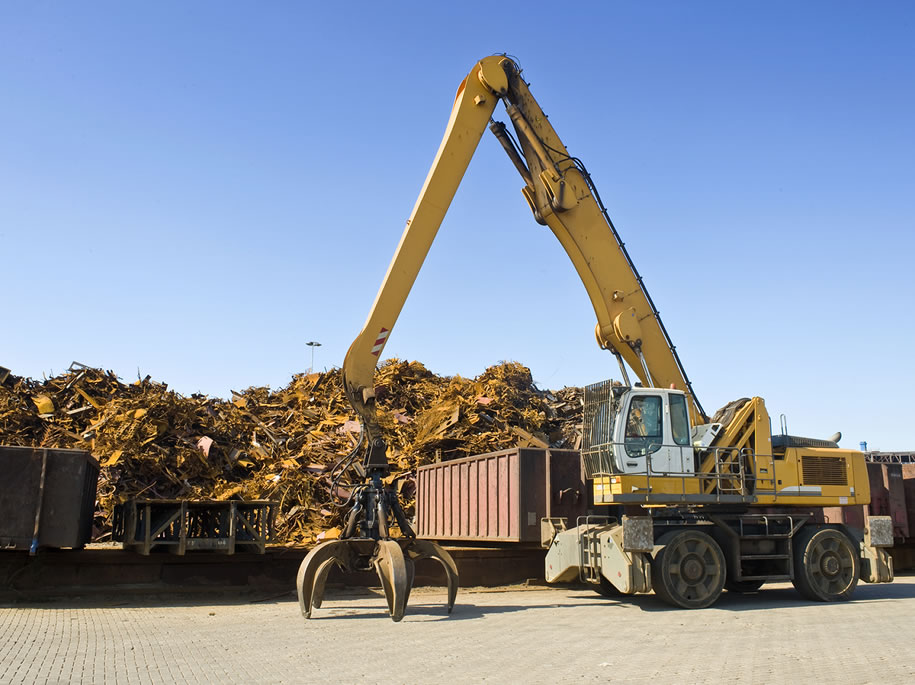For dumpster, container, and large loads please call
For dumpster, container, and large loads please call

Since words like ‘regulations’ and ‘laws’ tend to have more restricting meanings, many business owners may perceive them as negative. In reality, however, this isn’t the case at all. Let’s go over some of the recycling laws you should know as a business owner and how they are helpful to you. First, we all know the immense benefits recycling brings to our environment. As time passes, eco-friendly practices of businesses attract many customers since people are more environmentally conscious these days. The second advantage is cutting down the expenses of the raw material and increasing your profits; since you can sell your scrap to companies after the production is finished, you can make extra money and lower the cost of the raw material. The third advantage is business grants. As government already encourages recycling through laws and regulations, if your company is performing exceptionally on this matter, you will be able to qualify for specific business grants. So, you should reach out for recycling opportunities because why would you throw away perfectly good material that everyone can use instead of helping the environment and making extra money?
Usually, recycling is regulated under two points in most states in the US. The first one is Landfill bans and the second one is recycling goals. Landfill bans mean that certain states make throwing away certain materials to dumpsters illegal. Some common ones are aluminum cans, batteries with mercury, computers, tires, and paint. The list is different for every state.
On the other hand, recycling goals mean certain states mandate certain items to be recycled. Common ones are glass, newspapers, metal, and leaf waste. Currently, 27 states and the District of Colombia have mandatory recycling requirements. The requirement may change depending on the county too. As time passes, the laws and number of states with requirement increase, and to encourage recycling, there are many other resources businesses can use that governments offer.
The first law that dictated specific waste disposal procedures was the Solid Waste Disposal Act of 1965. This was the first time the effects of incorrect waste disposal were mentioned and guidelines for states to use were provided. Under this law, EPA was given the power to control waste disposal in different states. In 1976, EPA released a new set of laws for the states to follow: The Resource Conservation and Recovery Act. This act was released to prevent the health risks that were caused by poor management of different types of waste, conserve natural resources, reduce waste through recycling, and properly dispose of garbage.
As a business owner, you are responsible for the waste you dispose. That’s why you should be careful when choosing your recycling company and ensure the company you are hiring is reliable. You are at the correct address if you are a business that deals with metal and needs a trustworthy company for scrap metal recycling. M&M Recycling is a dedicated scrap metal company that takes both ferrous and non-ferrous metal from customers. We are happy to help the environment while helping your budget, and if you are looking for ways to make extra cash as a business owner, we are the right address.